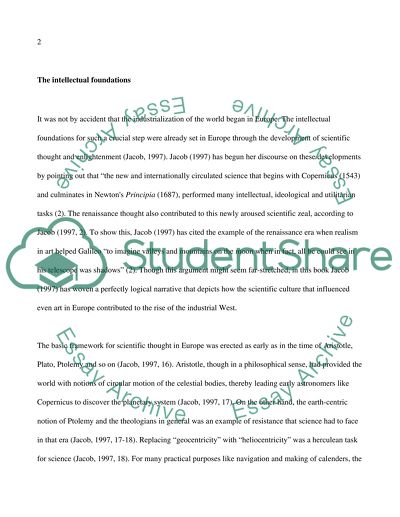Book Review of Scientific Culture and the Making of the Industrial Report/. Retrieved from https://studentshare.org/history/1472661-book-review-of-scientific-culture-and-the-making
Book Review of Scientific Culture and the Making of the Industrial Report/. https://studentshare.org/history/1472661-book-review-of-scientific-culture-and-the-making.


